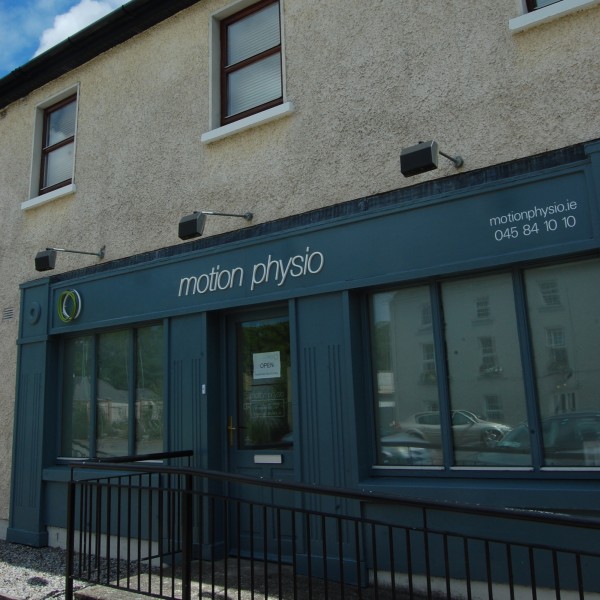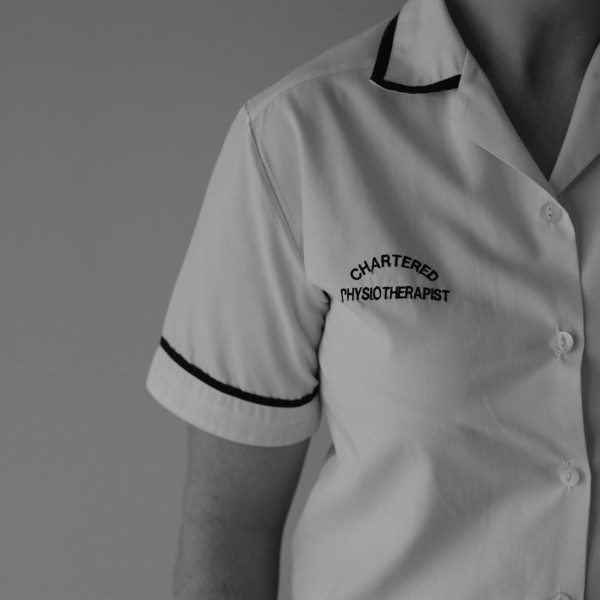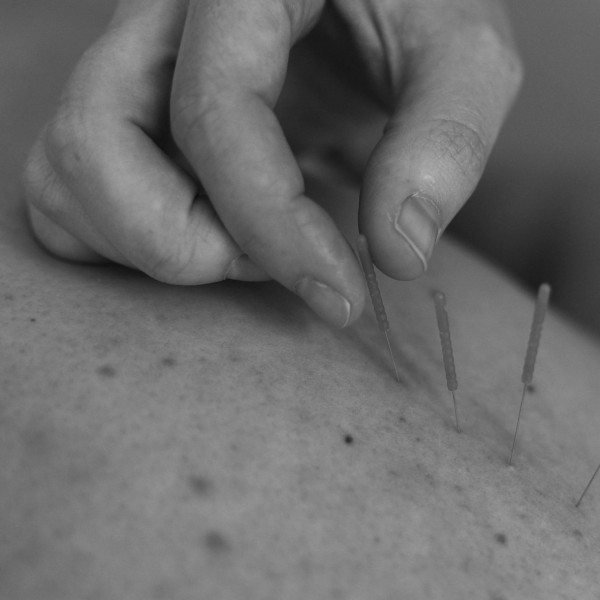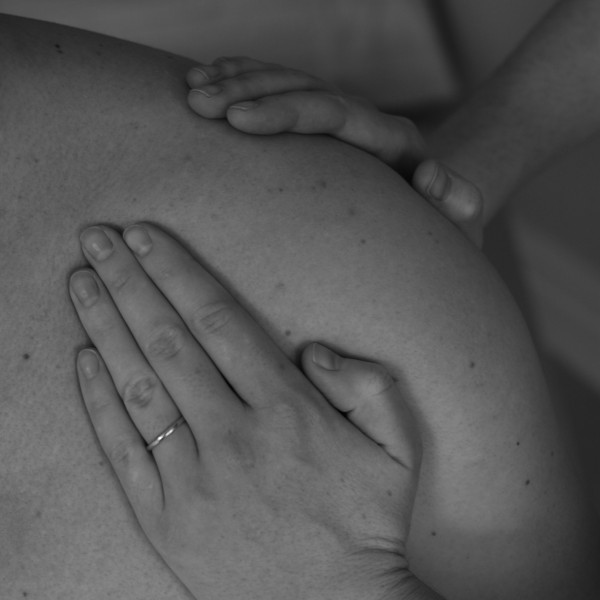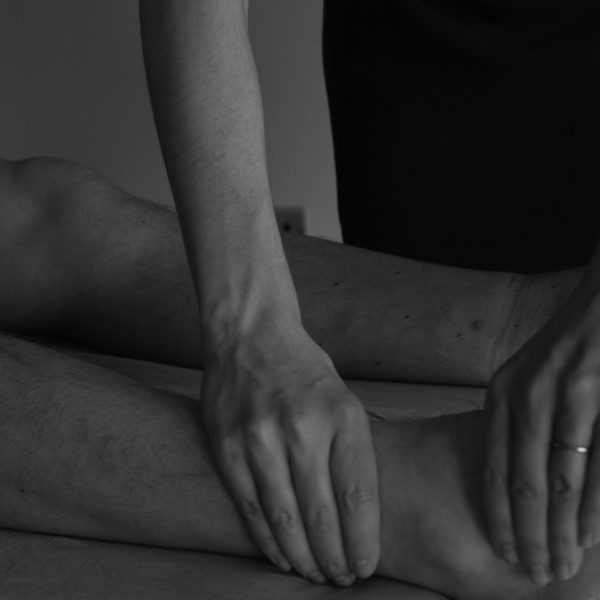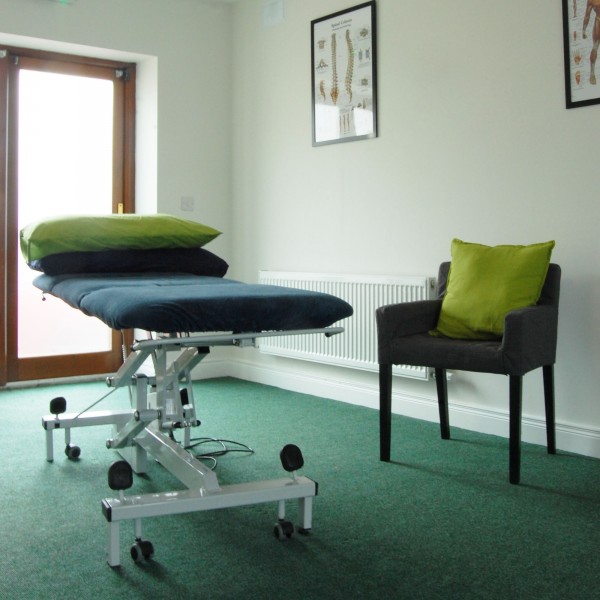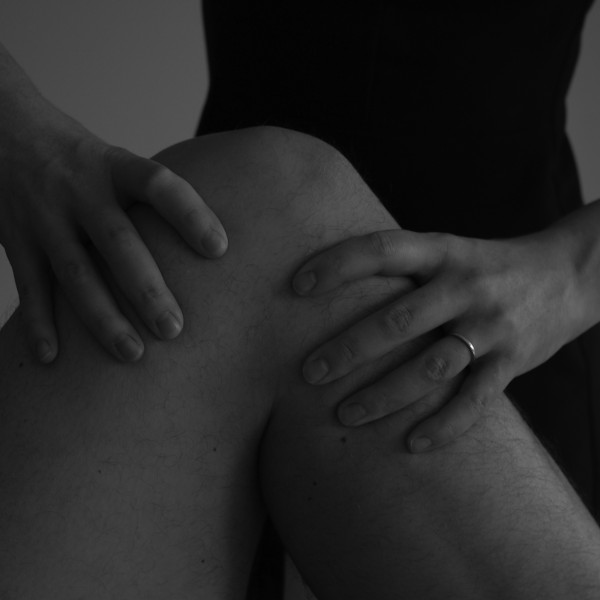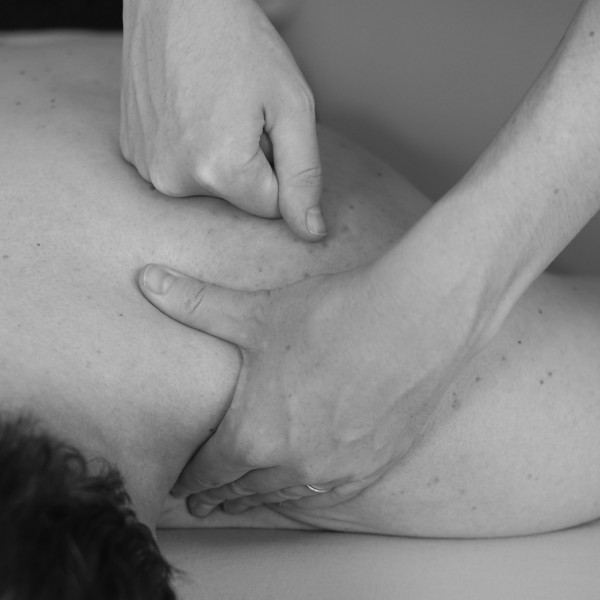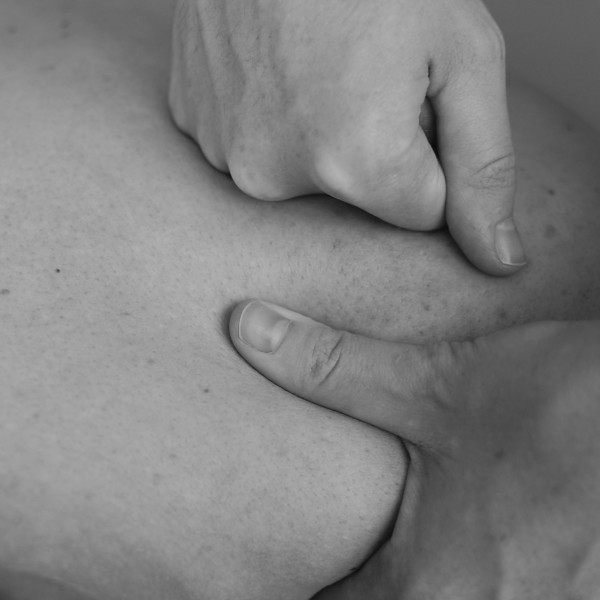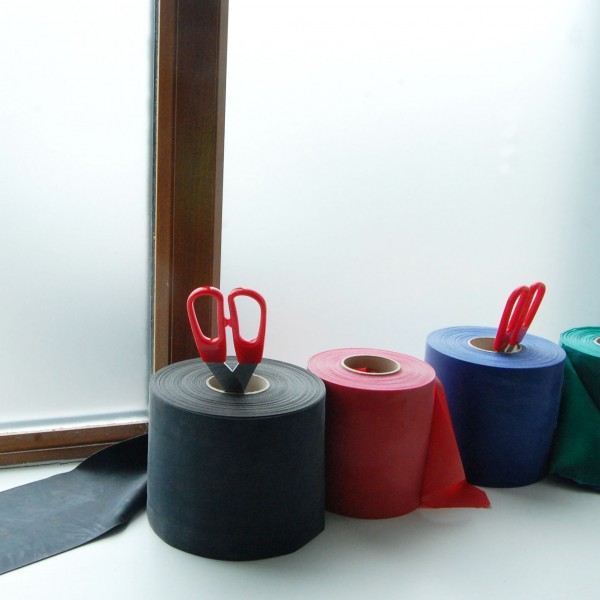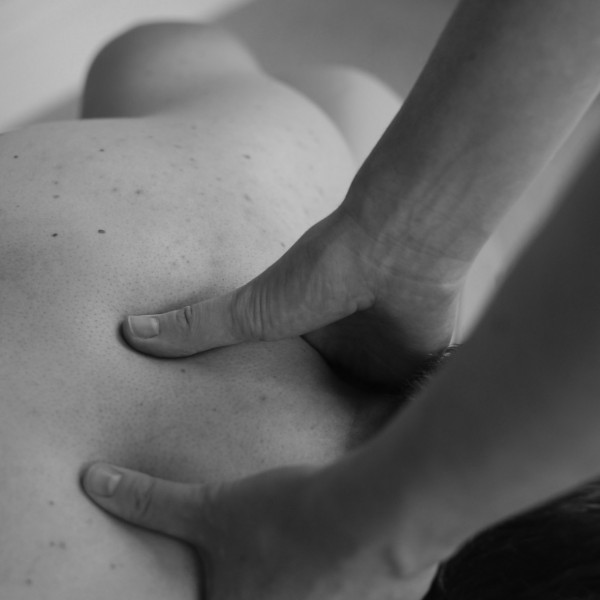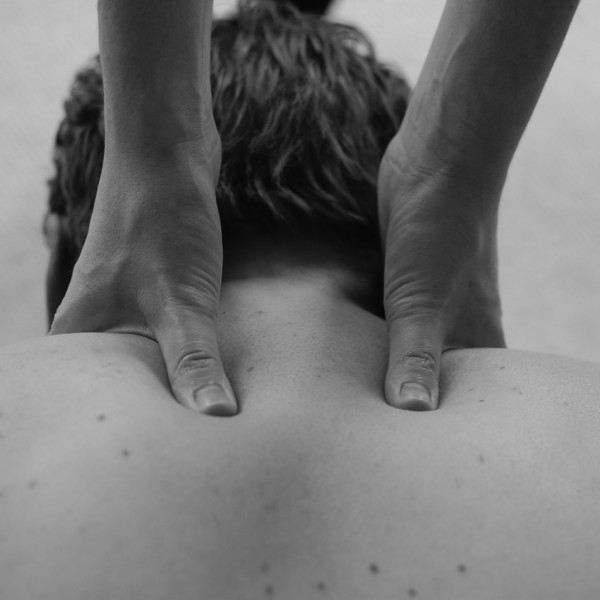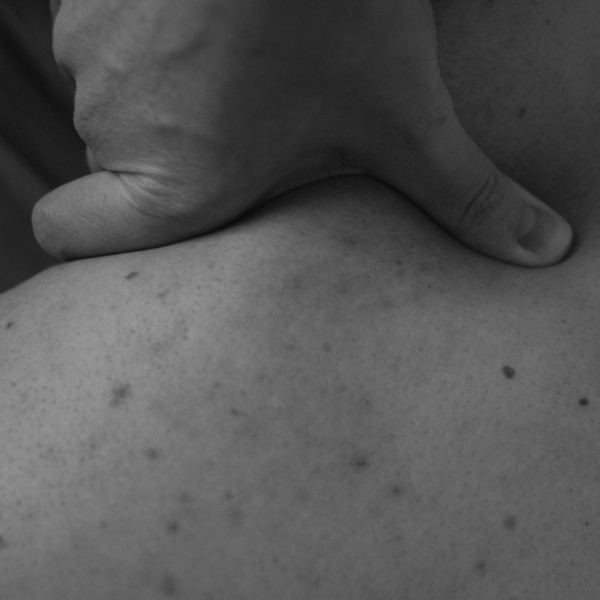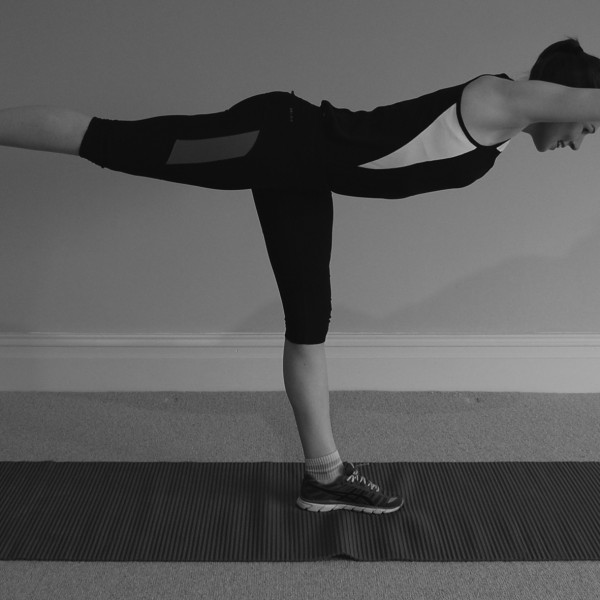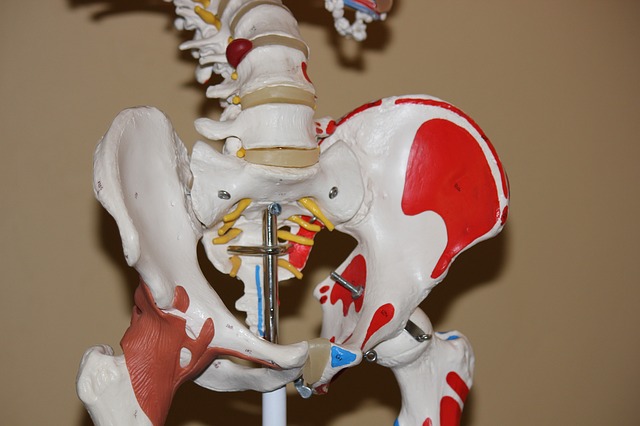 After last week’s blog on knee replacement surgery, I thought I would follow on with information on hip replacement surgery. As with knee joint replacement surgery, Osteoarthritis is the most common reason for hip joint replacement. In the past this surgery was predominantly performed on the over 60s age group, but it is becoming more common in younger patients. This is due to the fact that technology has improved the artificial parts, helping them to sustain stress and strain for longer.
After last week’s blog on knee replacement surgery, I thought I would follow on with information on hip replacement surgery. As with knee joint replacement surgery, Osteoarthritis is the most common reason for hip joint replacement. In the past this surgery was predominantly performed on the over 60s age group, but it is becoming more common in younger patients. This is due to the fact that technology has improved the artificial parts, helping them to sustain stress and strain for longer.
The hip joint is a ball and socket joint. The ball is the top of the thigh bone and the socket is part of the pelvis. In hip replacement surgery, they replace the ball at the top of the thigh bone with a new artificial ball. The socket of the pelvis is then replaced with a new artificial cup shape prosthesis. They fit together to give smooth, painfree movement at the joint.
After the surgery you will be in hospital for 4-6 days. During this time, you will use a wedge-shaped cushion between your legs to support the new hip joint. The hospital physiotherapist will help you up onto your feet the day after surgery and will make sure you can use the stairs before going home. You will leave hospital with a walker or crutches to support the new joint. A rehabilitation programme is initiated to restore the range of movement of the joint in the hospital and this will be continued for a few months with your local Chartered physiotherapist. The rehabilitation programme will concentrate on:
– range of movement exercises at the hip to restore the hip function
– strengthening exercises for the muscles around the hip joint
– balance work to progress safe walking
For a few months post surgery, you need to avoid crossing your operated leg past the mid line or bending at the hips past 90 degrees. It is also advised to avoid twisting your operated foot excessively inwards or outwards. These recommendations are to avoid dislocation of the new hip joint. It is recommended to sit in high chairs and you will be provided a raise for the toilet seat to avoid hip problems post surgery.
Your Chartered Physiotherapist will guide you back to full use of the new joint and work with you to restore full activities. If you need help with hip joint pain, please contact me at Motion Physio Clinic, Prosperous on 045 841010.

